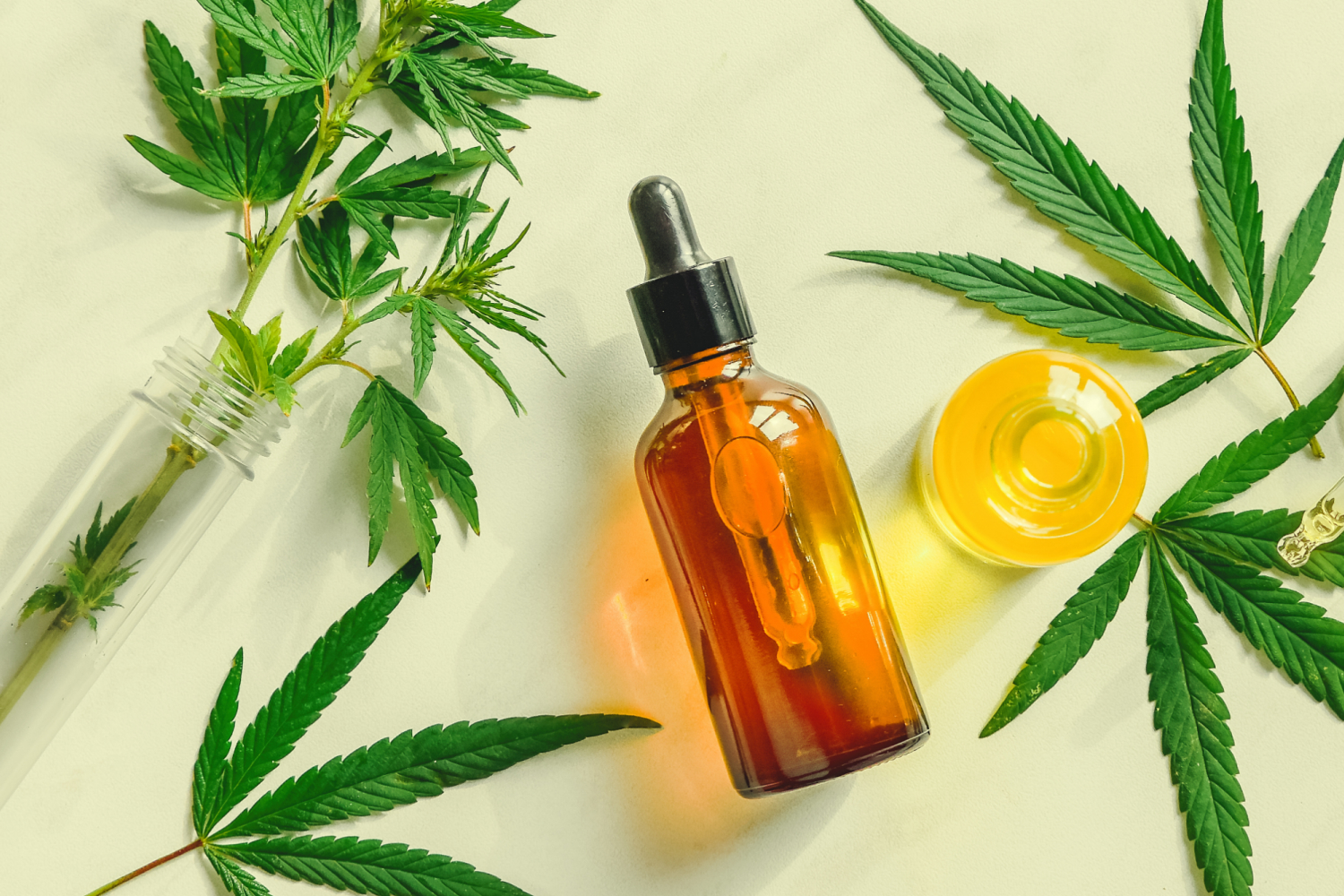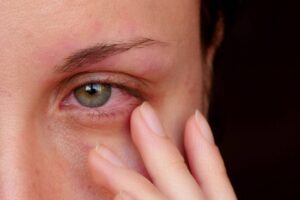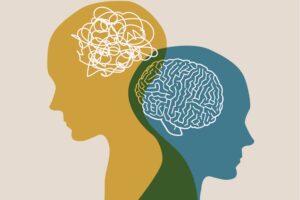While CBD and marijuana are often used interchangeably, they are not considered the same substance. There might be some confusion about the difference and what using CBD or marijuana does to a person, but don’t worry!
Because they are so closely connected, you have to get into the specifics of CBD for others to better understand. You’re not wrong if you’re curious about CBD and have been hearing that it can benefit a person’s physical and mental health.
CBD has different effects than marijuana and is used for completely different reasons. As the research suggests, CBD is safe and can be effective for a variety of different ailments.
To learn more about what CBD is, how it’s used, and what kind of effects it can have on a person, keep reading.
What Is CBD?
CBD is the abbreviation for cannabidiol, a compound found in cannabis sativa plants. It’s one of hundreds found in the cannabis plant, but it’s directly derived from the hemp plant and does not produce psychoactive effects.
If you thought CBD did produce a high, you might be thinking of another compound found in cannabis called THC (tetrahydrocannabinol).
How Do You Use It?
CBD is extracted and created into an oil, which means that it can be consumed in a variety of different ways. The most straightforward way is to use a dropper and place the oil directly under your tongue, but you can swallow capsules of it, mix it into food and drinks, and even apply it topically with a lotion or cream.
Now, many products have hemp-derived CBD oil infused into them, making CBD dog treats, CBD protein shakes, CBD gummies, CBD brownies, and vapes.
Is It Addictive?
CBD itself is not addictive. Cannabidiol interacts with the body’s endocannabinoid system when consumed into the body but does not have an intoxicating effect. It’s even described as having a good safety profile, which is where its healing properties seem to come into play. Using CBD is considered more of a therapeutic choice rather than substance abuse.
Something to look out for if you’re only interested in the benefits of CBD is that some products may contain varying levels of THC, even though it’s stated that it’s a remarkably low percentage. It’s good to know where you’re getting these products before you start to take them so that you can understand the product you’re consuming and whether they will cause cravings, drowsiness, or dry mouth!
Effects of CBD
CBD may not get you high, but it can produce a variety of different effects on your mental and physical health. While it likely won’t lower your heart rate or blood pressure, it can help to soothe feelings of stress and discomfort.
Various studies have been done to learn more about what kind of benefits can actually come from CBD use, and they range from arthritis to anxiety to seizures. The World Health Organization (WHO) suggests high-quality CBD could be helpful in the treatment of medical conditions such as Alzheimer’s disease, cardiovascular disease, and diabetes.
CBD is often people’s last option when other medications or treatments aren’t working as they anticipated. It’s an alternative choice that doesn’t have to be your last hope but rather can help to work alongside your other treatments.
May Soothe Stress
One of CBD’s main uses appears to be for helping to soothe feelings of stress. This particular compound is thought to help alleviate some of the symptoms of stress, as well as help people with sleep disorders. CBD can help to support good sleep in people that struggle with insomnia and other related disorders.
Research is also being conducted to learn more about the potential benefits of managing the symptoms of anxiety disorders like post-traumatic stress disorder (PTSD), generalized anxiety disorder (GAD), social anxiety disorder, and panic disorders.
Relief for Chronic Pain
It’s reported that the use of CBD isn’t known for significant side effects, making it a great alternative to try when dealing with health problems. Studies done on mice show that after using CBD, there was less neuropathic pain being recorded.
Many people that have tried CBD for their chronic pain say they have experienced improved quality of life, better sleep, and a higher appetite. It’s thought that cannabis treatments, including both THC and CBD, might be able to replace opioid-based treatment methods that are used specifically for pain. There is a lower risk of abusing this kind of treatment and less risk of serious side effects.
Helping With Symptoms of Depression
There is promise that CBD could help soothe the symptoms of depression. It’s thought that CBD works positively with serotoninreceptors in the brain, supporting the amount of serotonin being produced in the body. For people that struggle with depression and have lower serotonin levels, this results in a boost in mood and alleviates low feelings.
People that suffer from depression may be interested in trying out CBD alongside other treatment options like medication and therapy to see if there are any benefits. You can consume CBD daily or during episodes of depression to really see what the effects are.
Reduces Epileptic Seizures
Arguably most interestingly, CBD has been approved to treat certain epilepsy conditions, including very rare ones like Dravet syndrome and Lennox-Gastuaut syndrome. While these two extremely rare disorders do not typically respond to seizure medication, they showed signs of reduction when using this CBD-based drug.
This drug, Epidiolex, is a purified form of CBD that reduces the number of epileptic seizures that people have. This can be life-changing for some, as epilepsy and seizures can make living life very difficult.
When using any kind of alternative medication or treatment, you have to do what works for you and is best for you. CBD may not be something that you’re interested in, but if it becomes the last safe thing to try, it’s completely worth giving it a shot.
Side Effects of CBD
There aren’t many adverse side effects of CBD to make it concerning. Certain individuals may not respond to it the way that the majority of people do, but that’s often something you have to figure out on your own after trying it.
CBD use does not lead to addiction and does not pose a risk for abuse. However, there are some side effects that people may experience as a result of them using CBD products:
- CBD may interact with other drugs or medication that you are taking, so you should consult with your doctor before combining the two.
- CBD may cause an upset stomach in some individuals, whereas it can help promote better gut health in others.
- If used with THC, you may experience mental-health-related problems like anxiety or paranoia.
It’s important that you know what you’re consuming and that you are prepared for there to be side effects, even if they don’t end up being prevalent. Doing research to learn more about CBD before using it can never hurt!
What Do the Experts Say?
Research is constantly being done on cannabidiol to learn more about its health effects and possible side effects. Especially with the legality of marijuana throughout the country, CBD has become more popular and somewhat of a stepping stone for people who are hesitant about marijuana use.
Currently, more positive research is out there supporting the belief that CBD is both safe and effective for treating a variety of disorders and health problems. If you’re interested in learning more about CBD, consult your primary care doctor to let them know why you are considering using it.
They may be able to help you decide what’s best for you and make sure that you’re using it properly.
A Word from SOBA
Though CBD is extracted from marijuana plants, it’s not considered to be on the same level as marijuana. There is no risk for abuse when using CBD unless it leads people to start using substances that contain high levels of THC or substances that are considered dangerous.
If you believe that you or a loved one are putting themselves in danger due to their CBD use, consider reaching out to SOBA Recovery of San Antonio, Texas, to talk about your concerns.
Here at SOBA, we can help you understand what you or your loved one is going through from a different perspective. While we support treatment options that will not cause addiction, you must always be careful when using a new treatment method. If you feel you could benefit from CBD, there is no harm in trying.
But be sure to share your journey with those around you, and don’t be afraid to reach out for help if it’s ever needed.
Sources:
CANNABIDIOL (CBD): Critical Review Report | World Health Organization
Cannabinoids in the Treatment of Epilepsy: Current Status and Future Prospects | NCBI





